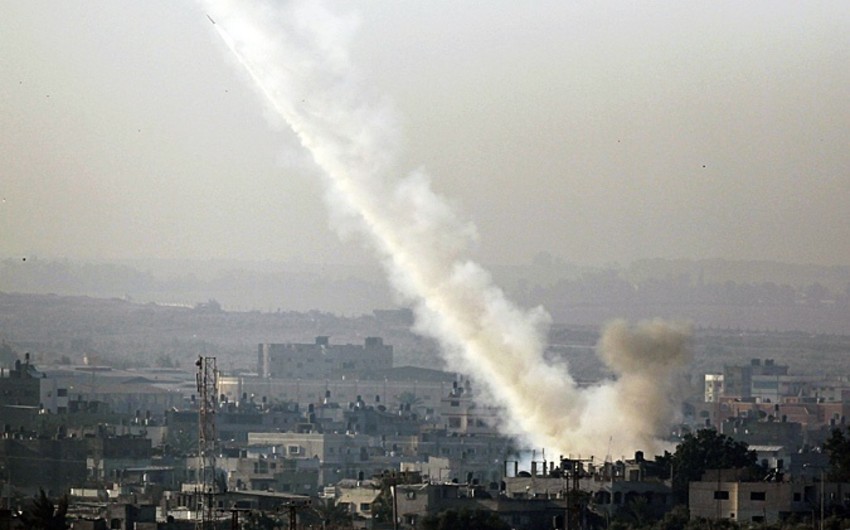Israel and Hamas are close to agreement on a US-brokered deal that would free dozens of women and children held hostage in Gaza in exchange for a five-day pause in fighting, say people familiar with the emerging terms, Report informs via the Washington Post.
The release, which could begin within the next several days — barring last-minute hitches — could lead to the first sustained pause in conflict in Gaza.
A detailed, six-page set of written terms would require all parties to the conflict to freeze combat operations for at least five days while an initial 50 or more hostages are released in smaller batches every 24 hours. It was not immediately clear how many of the 239 people believed to be in captivity in Gaza would be released under the deal. Overhead surveillance would monitor movement on the ground to police the pause.
The stop in fighting is also intended to allow a significant increase in the amount of humanitarian assistance, including fuel, to enter the besieged enclave from Egypt.
The outline of a deal was put together during weeks of talks in Doha, Qatar, among Israel, the United States and Hamas, indirectly represented by Qatari mediators, according to Arab and other diplomats. But it remained unclear until now that Israel would agree to temporarily pause its offensive in Gaza, provided the conditions were right.
Concern about the captives — two of whom Israel said were found dead — along with the rising number of Palestinian civilian casualties have steadily increased pressure on Prime Minister Benjamin Netanyahu’s government. More than 100 countries — but, notably, not the United States — have called for a full and immediate cease-fire.
The decision to accept the deal is difficult for Israel, said one person familiar with the situation who, like others, spoke on the condition of anonymity to discuss sensitive negotiations. While there is strong domestic pressure on Netanyahu to bring the hostages home, there are also loud voices in Israel demanding that the government not barter for their release.
In public remarks, Israel has remained unyielding, while acknowledging the pressure it is under. On Friday, Israeli National Security Council head Tzachi Hanegbi told reporters that the war cabinet had unanimously agreed that a limited cease-fire could occur only after “a massive release of our hostages … and it will be limited and short, because after that we will continue to work towards achieving our war goals.”


 https://static.report.az/photo/f93179ba-238b-4422-b626-e4baea5b8bdb.jpg
https://static.report.az/photo/f93179ba-238b-4422-b626-e4baea5b8bdb.jpg

